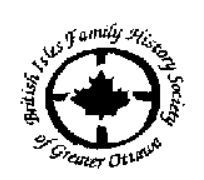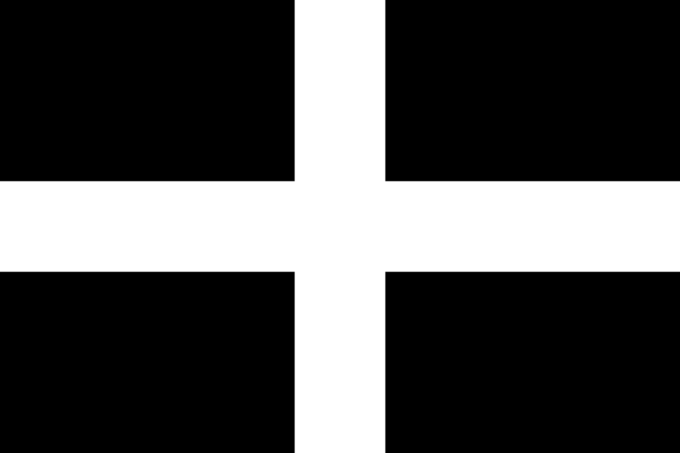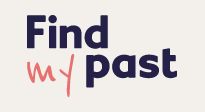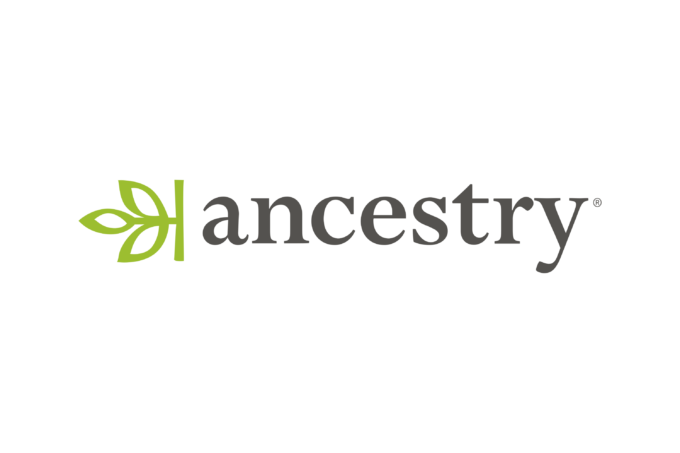Two conservative-leaning publications, the Toronto Sun and Western Standard, quote from an investigation by Ottawa-based Blacklock’s Reporter.
The investigation references Access to Information records showing “Canada’s chief archivist Leslie Weir personally ordered the content removal on thousands of national archives web pages with “offensive content”, “outdated historical content (that) no longer reflects today’s context and may be offensive to many.”
COMMENT:
As outlined in the Preamble to the Library and Archives of Canada Act, LAC’s mandate is as follows:
– to preserve the documentary heritage of Canada for the benefit of present and future generations;
– to be a source of enduring knowledge accessible to all, contributing to the cultural, social and economic advancement of Canada as a free and democratic society;
– to facilitate in Canada co-operation among communities involved in the acquisition, preservation and diffusion of knowledge;
– to serve as the continuing memory of the Government of Canada and its institutions.
LAC would do a better job if it left the interpretation of the past to others and adhered to its mandate of preservation and access, including digitization to enhance access across this vast land. If that was the intention of Leslie Weir’s purge it’s one I can support. If it just switches one type of spin for another it should not be funded.


 A year ago at RootsTech MyHeritage revealed animation of family photographs. Some thought it creepy, even scary.
A year ago at RootsTech MyHeritage revealed animation of family photographs. Some thought it creepy, even scary.
 Happy St Piran’s Day
Happy St Piran’s Day Here’s the full Table of Contents of the March 2022 issue from the Society of Genealogists.
Here’s the full Table of Contents of the March 2022 issue from the Society of Genealogists. This week Findmypast headlines the
This week Findmypast headlines the  They’re the 800 lb gorilla of the genealogy world. You can’t ignore them — and they got that way for a good reason.
They’re the 800 lb gorilla of the genealogy world. You can’t ignore them — and they got that way for a good reason.